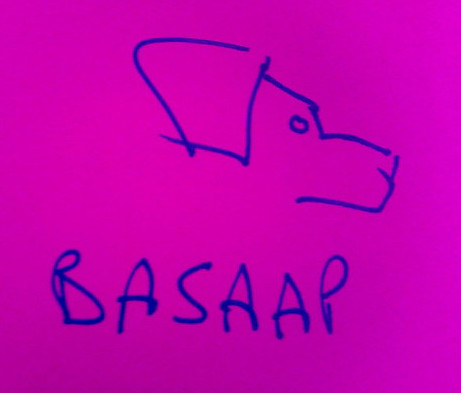 Bots have been around for a long time. Anyone who knows the history of AI remembers ELIZA, a conversation-mimicking AI that made you feel you were talking to a doctor, or, more like, an amateur psychologist. We should not be surprised that, since then, with every new interactive platform, there has been a proliferation of bots.
Bots have been around for a long time. Anyone who knows the history of AI remembers ELIZA, a conversation-mimicking AI that made you feel you were talking to a doctor, or, more like, an amateur psychologist. We should not be surprised that, since then, with every new interactive platform, there has been a proliferation of bots.
A botsplosion
In the past year, there’s been a renewed interest in bots on various messaging platforms. These have gone beyond the automated accounts that tweet the TowerBridge or the Shipping Forecast, or tweet the arrival of dictators at Geneva Airport. Infused with more understanding of language and a dash of AI, these bots now can bait bigoted extremists, or tweet negative Trump quotes – with the source.
Science Friday did a great segment on AI bots and talked to some creators of them. While some of these bots are not, by definition, utilitarian, they are quite imaginative and creative, able to spark wonder and make you think, despite how they come out.
Getting beyond amusement, WeChat (no surprise) and Baidu are taking it up a notch. On WeChat there are bots that can do image recognition or mimic a voice-recognition assistant (I’ll get to voice-driven AI agents in a later post). And Baidu, to circle back to ELIZA, has created a docBot to help start the process (triage?) for folks looking for a doc or medical info.
Getting as smart as a puppy
Things are getting interesting. Duolingo is building chat bots to help folks learn a language. These are basically tutorBots with whom users can message with to practice with. The idea is that the bot is an “eternally patient, nonjudgmental, on-demand instructor.” Though, what I hear about some “patient and nonjudgmental” AI assistants (*cough* Amy) is that they can be extremely annoying.
As these bots get more AI-power, I’ll be on the look out for those that try too much. So far, my experience with machine learning has been that AI systems are usually not smarter than the creator.* But that’s fine. Long ago, a bunch of us concluded that getting too smart could be an annoyance, hence we suggested that ‘smart’ systems should Be as Smart as a Puppy.
For me, the best systems have been the ones that have augmented my intelligence – by being able to sift through large data sets, make broad connections, and present insights in a way to inform me (or the doc, or the data scientist) – rather than trying to supplant my intelligence.
Rather than try to build a bot that thinks it’s as capable as a human, make me a bot that make the humans in the mix work better. Don’t try to outthink me.
Are you using bots in your daily routine, or are they still a curious creature evolving in curious directions?
Image of my BASAAP drawing that Matt Jones was kind enough to immortalize back in 2007.